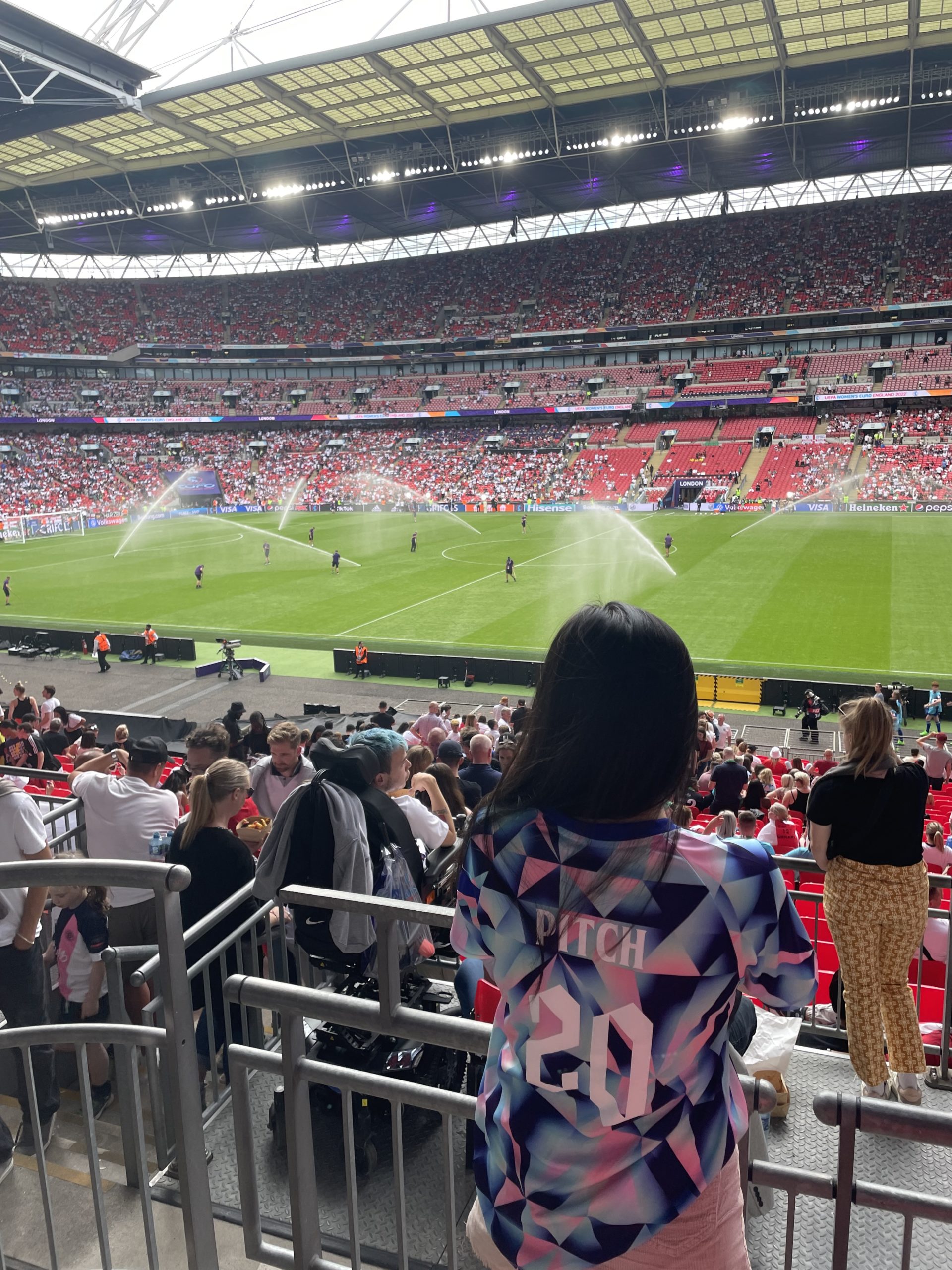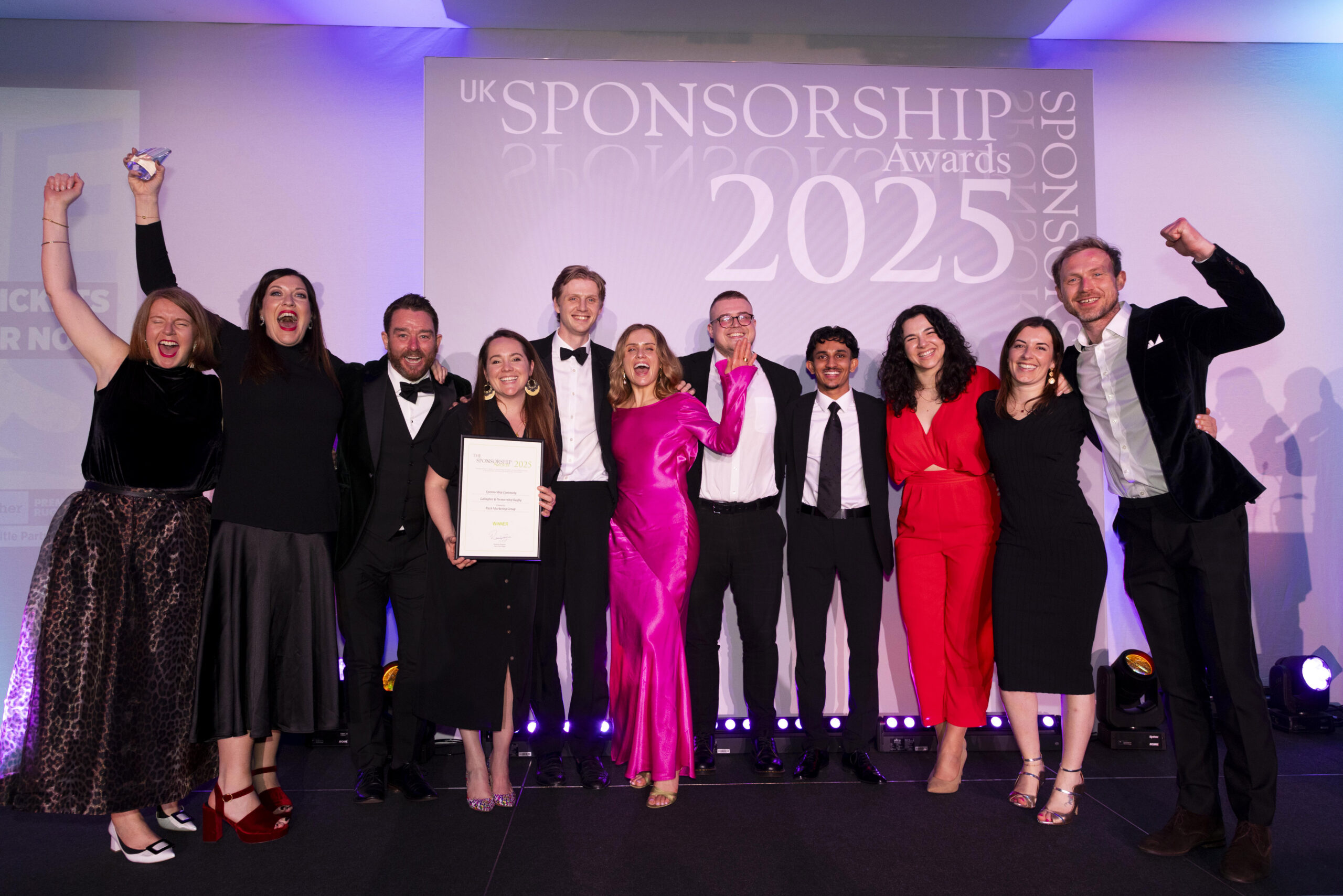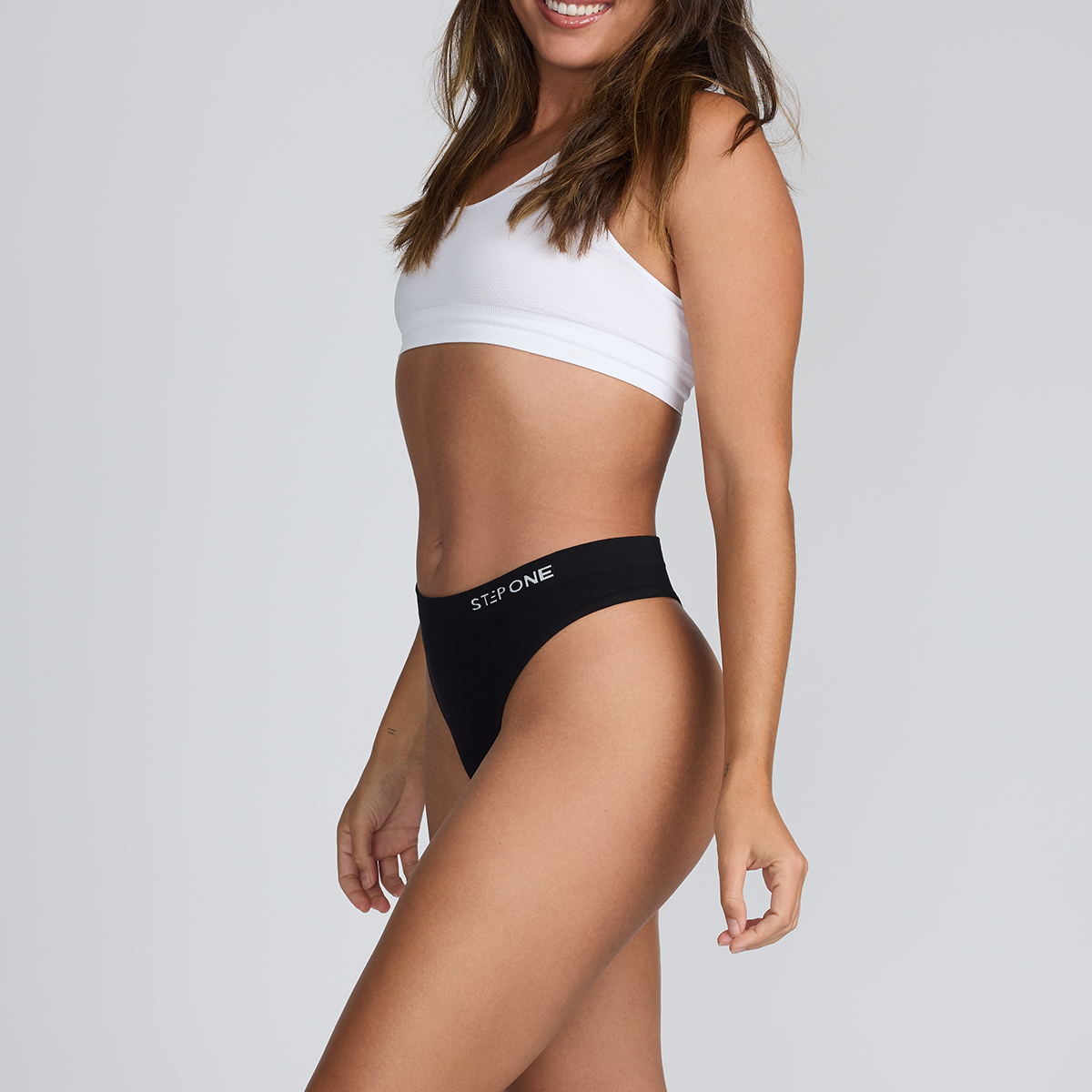Written by Francesca Coates
After 56 long years, it finally came home on 31st July, in front of a rapturous crowd at Wembley. As the final whistle sounded, thousands of fans young and old erupted in the stands, the stadium abuzz with the acknowledgement that this moment would be a seismic one in the history of women’s sport.
Amongst all the noise of the Lionesses’ headline-making Euros run – including Russo’s dynamite back-heel and Mead’s Golden Boot – was the stark reminder that women were banned from playing football by the FA in 1966, the last time England won a major title. With the Lionesses’ success catapulting women’s football to the forefront of national conversation, attention has been turning to girls’ sport at all levels to see what will come next.
Ask any female fan or player and they’ll share the same lament of the current state of women’s sport – a lack of coaching in schools, issues accessing pitch space, ill-fitting kit designed for men, unequal funding – and that’s before you look into the sexism, online trolling and abuse so many female athletes receive. As names like Ella Toone, Sarah Hunter and Molly McCann crop up more often in household conversations, many brands are beginning to see the family-friendly stadium crowds at women’s sports as fertile ground for new partnerships and campaigns. However, the same issues around financing, access and respect continue to be reported across all women’s sports, from football to rugby to MMA, and the need for a thoughtful and timely brand approach is becoming increasingly clear.
So here is my opinion on how brands can approach women’s sport moving forwards.
- Mean it
Campaigns like BT and subsequently EE’s Hope United, have created such an impact because they speak to passion points that pervade sport – any women’s football fan will know the feeling of scrolling through social media and seeing sexist vitriol aimed at their favourite player just because of their gender. Meaningful campaigns don’t always have to dive this deep, but it’s key to demonstrate a real understanding and appreciation of the space. Fans can see through the tokenistic inclusion of a female athlete in an ad just to pay lip service to a growing fanbase. Instead, treat a women’s sports campaign the same way you would a man’s: the audience appreciates a brand showing an awareness of the sport and how it intersects culture, as well as of the athletes.
2. Walk the talk
Women’s sport shouldn’t be seen as just a cost-effective way to enter the sports sphere with minimal effort. A committed investment in the space can be enacted by supporting grassroots initiatives, or answering the very real problems faced by female athletes. A great example of this is Adidas’ recent ‘Pitch, Please’ campaign, which identified a lack of pitch access for women, girls and non-binary players and hired dedicated spaces that could be booked via Whatsapp throughout the Euros tournament. It is such a simple concept that answers a need and sparked widespread coverage and online conversation because it created an immediate, practical and relatable solution to a relatable problem.
3. Don’t wait
After Alex Scott’s impassioned speech after the Euros final, where she called out potential corporate sponsors (“If you’re not involved, you’ve missed the boat, you’ve missed the train. Because look at this… it has finally left the station and it is gathering speed”), many have debated whether it’s now too late for brands to get involved in the women’s game but with demand for tickets increasing exponentially it’s clear that there are still real growth opportunities despite it being such a crowded space. It may not be too late right now, but time is of the essence.
There’s never been a more exciting climate around women’s sport, and it’s great to see our female athletes finally getting the long-deserved recognition they’ve been owed by brands and audiences alike. If brands mobilise quickly and thoughtfully, they can use this upswing as an opportunity to support real, authentic growth of the space as it goes from strength to strength.
Saying that, at Pitch, we’re just glad that we’ve finally realised our dream of “the women’s game” being seen and respected as, simply, the game.






